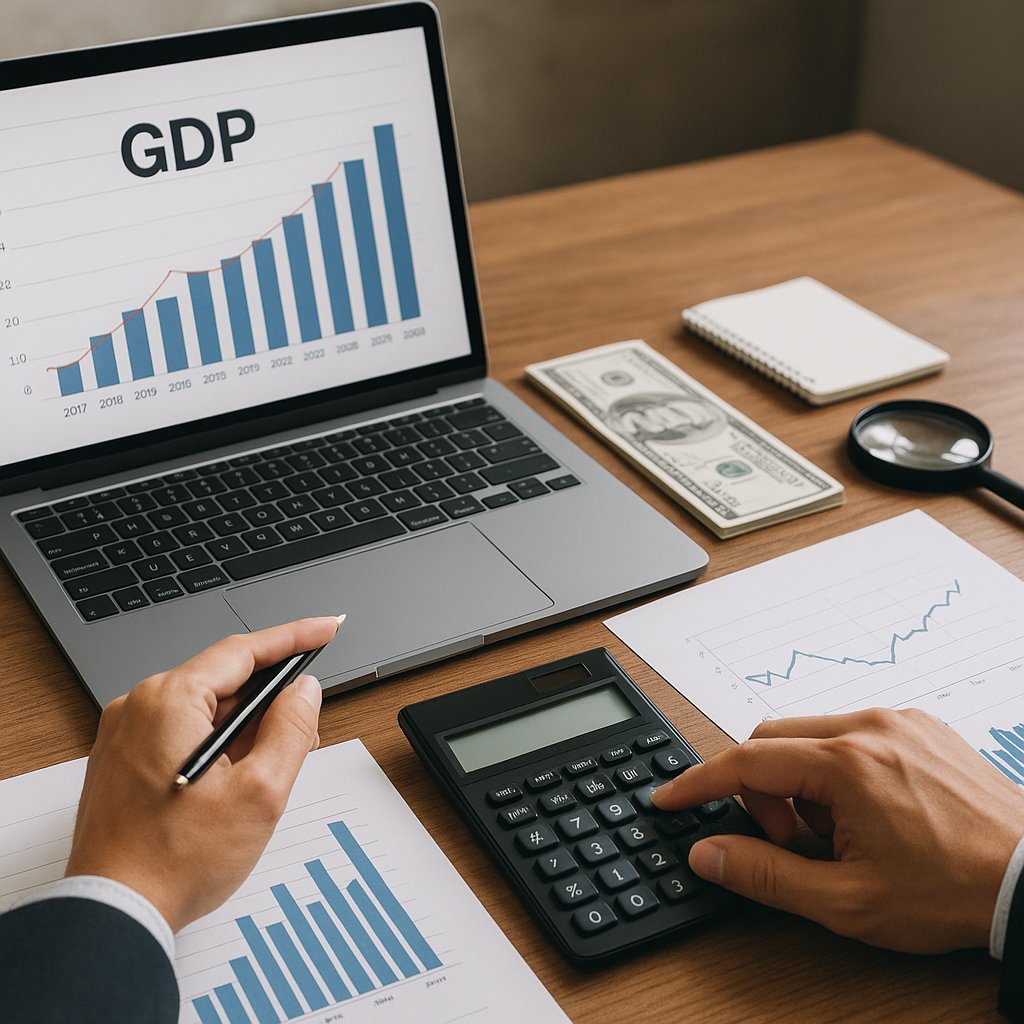Fundamental analysis is a critical tool for investors looking to navigate the complex world of currency investing. By examining economic indicators, geopolitical events, and other fundamental factors, investors can make more informed decisions about which currencies to buy or sell. This article will delve into the key components of fundamental analysis and how they can be applied to currency investing.
Understanding Fundamental Analysis
Fundamental analysis involves evaluating a currency’s intrinsic value by examining various economic indicators and factors that can influence its price. Unlike technical analysis, which focuses on historical price data and chart patterns, fundamental analysis looks at the underlying economic conditions that drive currency movements. This approach can provide a more comprehensive understanding of the factors that affect currency values.
Key Economic Indicators
Several economic indicators are crucial for conducting fundamental analysis in currency investing. These indicators provide insights into a country’s economic health and can significantly impact its currency value. Some of the most important indicators include:
- Gross Domestic Product (GDP): GDP measures the total value of goods and services produced in a country. A growing GDP indicates a strong economy, which can lead to a stronger currency.
- Inflation Rate: Inflation measures the rate at which prices for goods and services rise. High inflation can erode a currency’s purchasing power, leading to a weaker currency.
- Interest Rates: Central banks set interest rates to control inflation and stabilize the economy. Higher interest rates can attract foreign investment, boosting the currency’s value.
- Unemployment Rate: The unemployment rate indicates the percentage of the labor force that is unemployed. A low unemployment rate suggests a healthy economy, which can strengthen the currency.
- Trade Balance: The trade balance measures the difference between a country’s exports and imports. A positive trade balance (more exports than imports) can increase demand for the country’s currency.
Geopolitical Events
Geopolitical events can also have a significant impact on currency values. Political stability, government policies, and international relations can all influence investor confidence and currency demand. For example, political turmoil or uncertainty can lead to a decrease in a currency’s value as investors seek safer assets. Conversely, positive political developments can boost investor confidence and strengthen a currency.
Applying Fundamental Analysis to Currency Investing
To effectively use fundamental analysis in currency investing, investors need to stay informed about economic indicators and geopolitical events. This involves regularly monitoring economic reports, central bank announcements, and news related to political developments. By staying up-to-date with these factors, investors can make more informed decisions about which currencies to buy or sell.
Analyzing Economic Reports
Economic reports are released regularly by governments and financial institutions, providing valuable data on various economic indicators. Investors should pay close attention to these reports, as they can offer insights into a country’s economic health and potential currency movements. Key reports to monitor include:
- GDP Reports: These reports provide data on a country’s economic growth and can indicate the overall health of the economy.
- Inflation Reports: Inflation reports, such as the Consumer Price Index (CPI), measure changes in the price level of goods and services and can impact currency values.
- Employment Reports: Employment reports, such as the Non-Farm Payrolls (NFP) in the United States, provide data on job creation and unemployment rates.
- Central Bank Announcements: Central banks regularly announce changes to interest rates and monetary policy, which can significantly impact currency values.
Monitoring Geopolitical Events
Geopolitical events can be unpredictable, but staying informed about global developments can help investors anticipate potential currency movements. Key events to monitor include:
- Political Elections: Elections can lead to changes in government policies and impact investor confidence in a country’s currency.
- Trade Agreements: Trade agreements between countries can affect trade balances and influence currency values.
- Geopolitical Tensions: Conflicts or tensions between countries can lead to market uncertainty and impact currency values.
- Natural Disasters: Natural disasters can disrupt economic activity and impact a country’s currency.
Case Studies in Fundamental Analysis
To illustrate the application of fundamental analysis in currency investing, let’s examine a few case studies of how economic indicators and geopolitical events have impacted currency values in the past.
Case Study 1: The Impact of Brexit on the British Pound
The United Kingdom’s decision to leave the European Union, commonly known as Brexit, had a significant impact on the British Pound (GBP). Leading up to the Brexit referendum in June 2016, uncertainty about the outcome led to increased volatility in the GBP. When the referendum results were announced, and the UK voted to leave the EU, the GBP experienced a sharp decline in value. This case study highlights the importance of monitoring geopolitical events and their potential impact on currency values.
Case Study 2: The Effect of U.S. Interest Rate Hikes on the U.S. Dollar
In recent years, the U.S. Federal Reserve has implemented a series of interest rate hikes to control inflation and stabilize the economy. These rate hikes have attracted foreign investment, leading to an increase in demand for the U.S. Dollar (USD). As a result, the USD has strengthened against other currencies. This case study demonstrates how changes in interest rates can impact currency values and the importance of monitoring central bank announcements.
Conclusion
Fundamental analysis is a powerful tool for currency investors, providing insights into the economic and geopolitical factors that influence currency values. By understanding and monitoring key economic indicators and geopolitical events, investors can make more informed decisions and improve their chances of success in the currency markets. While fundamental analysis requires time and effort, the potential rewards make it a valuable approach for any serious currency investor.




